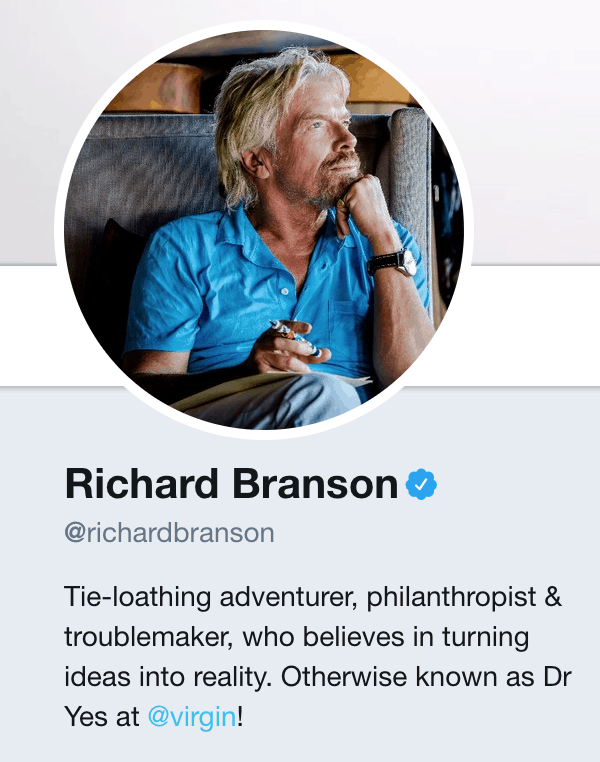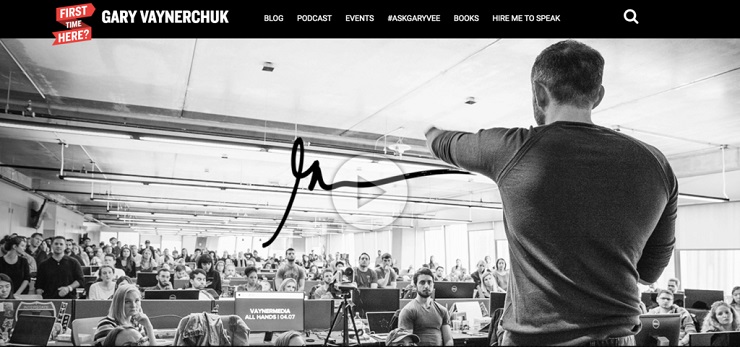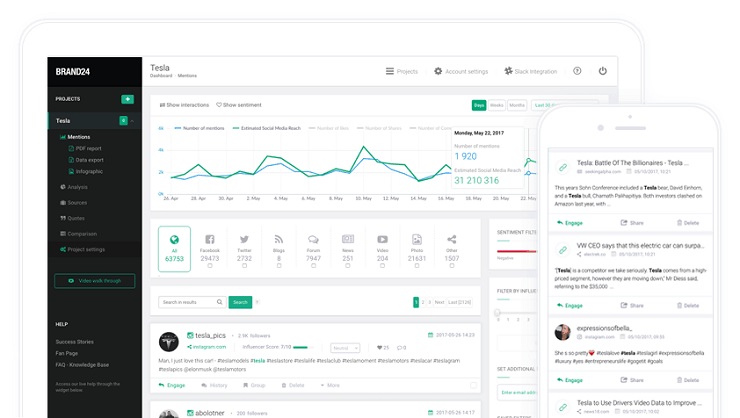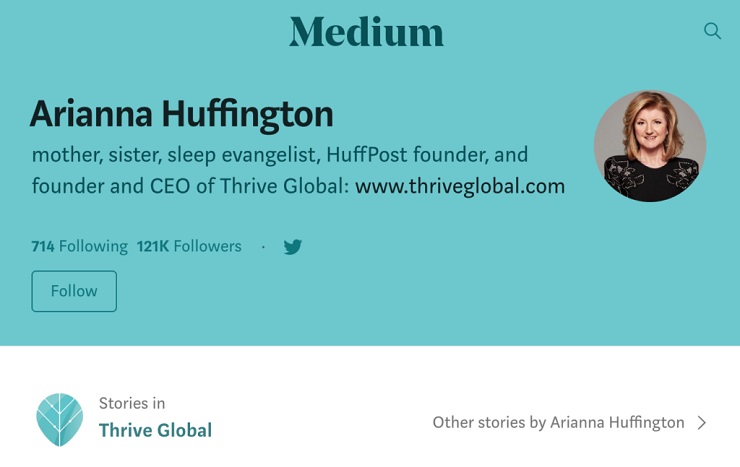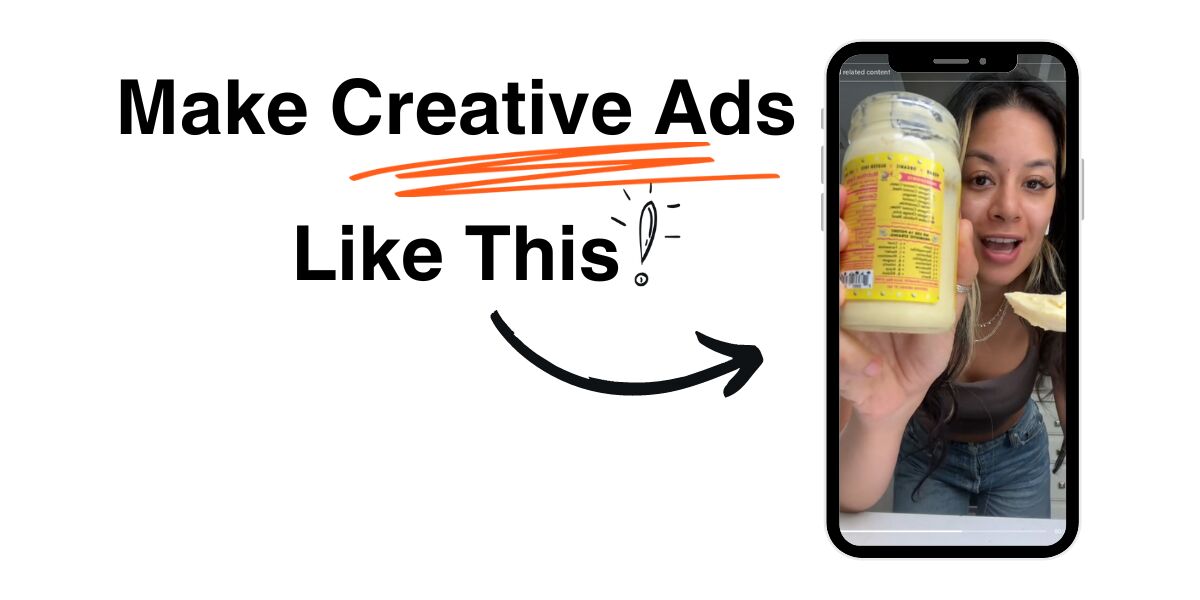Virgin and Richard Branson. Facebook and Sheryl Sandberg. LinkedIn and Jeff Weiner. Convince & Convert and Jay Baer. One name is a business. The other is a personal brand. They’re connected, but they’re not quite the same. The process of building both brands, however, can be.
As an entrepreneur, your company is your baby. You’ve poured metaphorical (or literal) blood, sweat, and tears into your business, and you’ve enjoyed watching it take its first steps.
However, like any dedicated parent, perhaps raising their first child (or business), you can lose yourself in the life of your baby. Focusing on yourself can be a challenge as an entrepreneur, especially when your company is still young.
This means you’ll likely lose touch with your personal branding and professional identity. When facing long days and longer to-do lists for your business, you may not care much about yourself at this point. But I’m here to tell you that developing your personal brand while you build your startup is not only beneficial to your career in the long run, it can actually help you open doors for your company, too.
Opinions surrounding personal brand-building are divided. It’s not quite a controversy, but entrepreneurs and founders everywhere hold different perspectives on crafting a personal brand alongside a business.
Some work hard to brand themselves along with their new businesses. Others have focused solely on their businesses, evading the spotlight and letting their work speak for itself.
There’s no right or wrong here. It’s up to you as an entrepreneur, founder, and professional whether you want to pursue a personal brand.
Because we’re passionate about equipping our readers with enough to let them make their own decisions, I’m going to approach this article with positive, actionable advice. I will say that, whether you want to be the next Seth Godin or just develop a solid reputation within your niche, building some level of personal profile is important for any entrepreneur. I’m reminded of that old career adage, “Work until you no longer need to introduce yourself.”
If this is a goal that resonates, read on for tips on how to build your personal brand that benefits both you and your business.
Why Spend Time on Personal Branding?
There are many reasons to create a personal brand as an entrepreneur.
For one (and this is likely the most important to you), it’s yet another way to market your business. As you cultivate a separate audience through your personal brand, you’ll inevitably reach people who haven’t yet heard of your business.
Constructing a personal brand also paves the way for potential partnerships, further business ideas, and future gigs.
Identifying yourself as “CEO” or “founder” is wonderful, but building a personal brand demands that you think of yourself beyond those labels. It involves expanding the definition of your skill set and passions.
Whether you tack on “marketing consultant,” “author,” “activist,” or “tie-loathing adventurer,” expanding your personal brand identity can establish a platform for becoming an influencer, speaker, or thought leader within your community.
By taking the time to build a personal brand and audience, you can help impact others, diversify your experiences, and promote your own projects along the way.
Tips For Building an Effective Personal Brand
Building a personal brand, just like a company brand, is not an overnight or weekend project, nor should it be. Nothing good comes easy, and a well-crafted personal brand will outlast any overnight sensation.
An effective personal brand acts as a platform to signal credibility, inspiration, and success within your niche. Through strategic planning and consistent action, it’s relatively simple to cultivate a powerful personal brand.
Get Free Instant Access To 28 Proven Marketing Strategies For Startups Here!
Establish or Enhance Your Digital Presence
Start with a simple Google search for your name, perhaps on a guest computer or an Incognito window so that you get true results. What do you see? If you’ve yet to work on your personal brand, you’ll probably see your social media accounts, pages for people with the same name, and maybe results surrounding your company (if your name is mentioned).
If you see anything embarrassing or potentially damaging to your reputation, do your best to fix and remove these results. As you cultivate your personal brand, more and more people will know your name. Do your best to remove any unwanted results before you pour resources into getting your name out there.
As for your digital presence, start with your company’s website. Clean up your About and/or Team pages to include your information. If not already there, insert a headshot (with an accurate alt-tag), plus your name, title(s) and social media links.
If you don’t have a personal website, I encourage you to create one. It can be a simple landing page built through WordPress, Wix, or Squarespace. Consider this your digital home base, as it will house your blog, market your business, and connect with your audience. Ensure it’s simple and includes your headshot, title(s), and your company and social links.
As your personal brand grows, your website will also serve as a place to introduce new projects, events, partnerships, and promotions you may join. If you decide to write a book, be a keynote speaker, or become an influencer, having a neutral digital location (outside your social media and company sites) will help you promote those efforts and cultivate your audience.
Build Your Personal Brand By Engaging on Social Media
Social media is the best place to present your most authentic and casual self as well as connect with your audience. These networks are the ingredients that adds the “personal” to “personal brand.”
Your audience will visit your profiles to get to know the real you. (No pressure!) Approach your social media activity with a goal to appeal to and engage with potential followers, other players in your industry, and relevant communities.
Auditing
Make sure you have a personal presence on at least Facebook, Twitter, Instagram, and LinkedIn. (Other networks like Google Plus, Pinterest, YouTube, Quora, and Reddit are also valuable only if you plan to post and engage on these sites. Don’t create accounts and leave them empty!)
If you’ve already been active on these networks (with a personal account), do a quick audit to see what you’ve posted in the past. Depending on your personal branding goals, not everything may be appropriate. A good rule of thumb is to remove any photos of recreational alcohol or drug use, any posts with inappropriate or suggestive language, or any super personal information like phone numbers or addresses.
Posting
Again, building a personal brand requires both strategic planning and consistent action. As you cultivate your brand, plan on posting to these networks almost daily. Dormant social media accounts don’t quite help build a brand, do they? Heck no!
Posting to social media accounts often and thoughtfully is one of the best ways to get noticed quickly by thousands of people. Social media users these days are smart cookies. They can easily recognize when a brand (especially a personal brand) is attempting to use generic content and empty engagement for personal gain.
Tools like Hootsuite and Brand24 can help you keep an eye on conversation happening within your niche, as well as positive (and negative) mentions of both you and your company. As you get started on your personal social media strategy, make sure to listen as much as you speak. Get to know what your audience is talking about so that when you join the conversation, you have a full understanding of trends, topics, and thought-provoking questions.
Be sure to loudly and proudly discuss your entrepreneurial endeavors on your personal networks. Not only will this promote your business to a wider audience, but it will also let the community around your company know that you’re not trying to distance yourself through a personal brand.
Lastly, engage, engage, engage! Ask questions. Respond to relevant conversations. Talk to any and every follower that interacts with you. Show that there’s a person behind your personal brand.
Get Free Instant Access To 28 Proven Marketing Strategies For Startups Here!
Share Your Story and Secrets
Successful personal brands establish credibility, inspiration, and success within their niche. There’s no better way to verify your experience and passions than by telling your story and sharing wisdom through blog posts.
Your website is a great place to host a personal blog. If resources are tight, you can also look into publishing on Medium or starting a free blog on WordPress.
By sharing high-quality, thought-provoking content related to your industry, you’ll transform your personal brand into a trusted source. Curating a personal blog can lead to being interviewed by journalists and other entrepreneurs (like Nathan at Foundr!), keynote speaking at events, or authoring books and online courses.
Maintaining a personal blog is also a great way to provide value to your audience for free. Whether that involves educating, motivating, challenging, or just allowing your audience to connect with you and ask questions, providing value gives them a reason to stick around. A successful resume doesn’t guarantee interest from others. You have to speak their language and meet them where they are.
Strategy for building a successful personal brand is not too different than building a successful business brand—discover ways to provide value to your audience without expecting anything in return.
Show Up and Get Involved
Regardless of all the great content you’re sharing online, building a personal brand involves leading by example, not simply by the words you post. The whole point of building a personal brand is cultivating a coherent online presence that represents you, authentically. It’s easy to hide behind a computer screen, but real leadership is established when you show up and get involved in the things that are important to you.
For non-profit work, start locally and try to choose a cause that resonates with a personal experience or passion. (This connection will help when building out your personal brand’s statement and narrative.) Conduct a broad online search through sites like GuideStar, Philanthropedia, or GiveWell to build a list of potential charities, and visit their offices to meet the people behind each organization. Ask about each organization’s mission, vision, success measures. Keep an eye out for red flags, and use tools like CharityWatch to dig deeper into each charity’s history, governance, and documentation.
Once you decide on an organization, you’ll want to do more than just mail a check or shake a few hands; plan to physically attend and volunteer at events. If said organization doesn’t operate in your city, consider opening a chapter. Look for ways you can personally help. The options are endless!
Also, look to become involved in local events within your niche. Whether you’re building a personal brand as a writer, doctor, teacher, coach, or software developer, most major cities offer networking events, summits, conferences, and shows. Use sites like Meetup to discover ways to meet others in your industry.
After you attend as a guest, volunteer to organize or help out at these events. Meet as many people as you can! Network consistently and selflessly; don’t just think about your personal gain. Set out to make new friends, and real relationships will happen.
Showing up and getting involved in person could also be a step in the direction of meeting new business partners and investors. Depending on which events you attend, you’ll most likely meet like-minded entrepreneurs who are also looking to expand their networks. Social engagement doesn’t only apply to social media; you should be social in person, too!
Get Free Instant Access To 28 Proven Marketing Strategies For Startups Here!
Final Thoughts on Personal Branding
How much time and money you spend on building a personal brand is a personal preference. The process and outcome can provide benefits for both you and your business, but that’s not saying you won’t succeed without one.
A personal brand creates another outlet for your business promotion and can establish you separately from your company, which can benefit you in the long run if you’d like to become an influencer or diversify your portfolio with additional ventures.
Some entrepreneurs prefer to let their businesses speak for themselves, which is OK, too! Whichever path you decide, remember that branding (for business and business leaders) is all about authenticity and human connection.
What have you done to build a personal brand online and in-person? Share with us in the comments below!

